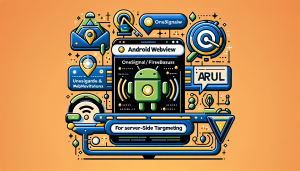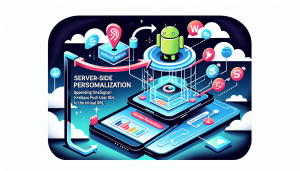
Introduction: The Importance of Offline-First Mobile Experiences
In today’s mobile-first world, users expect seamless app experiences regardless of their connectivity status. Whether they’re on a subway, traveling through a rural area, or simply dealing with spotty Wi-Fi, a modern Android app should deliver core functionality even when offline. This is where the offline-first approach comes into play—ensuring that critical content remains accessible, boosting user satisfaction and retention.
Challenges in Building Offline-First Android Apps
Developing an app that stays functional offline often presents hurdles. Native Android development requires careful management of network requests, intricate caching strategies, and error handling for failed loads. For web-based apps or those wrapped in WebViews, these challenges multiply, as traditional WebViews rely heavily on active internet connections to load and render website content.
Introducing WebViewGold: A Fast Track to Android App Conversion
For developers and businesses seeking a hassle-free path to converting websites into fully-functional Android apps, WebViewGold stands out as a quick and simple solution. With minimal coding required, WebViewGold transforms your web project into a native Android application, maintaining design fidelity while unlocking access to device features and store distribution.
Smart Caching: The Backbone of Offline Reliability
Modern web apps thrive on swift load times and reliability. WebViewGold leverages advanced smart caching mechanisms that go beyond the default WebView behavior. When a user launches your app, essential resources such as




